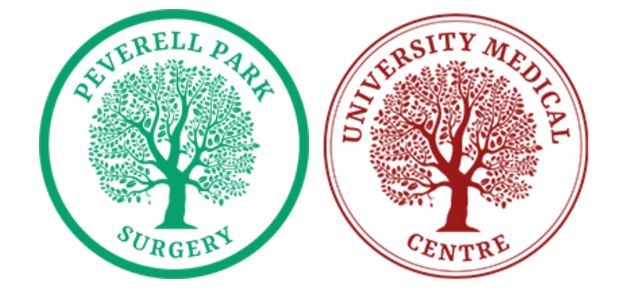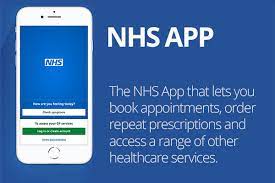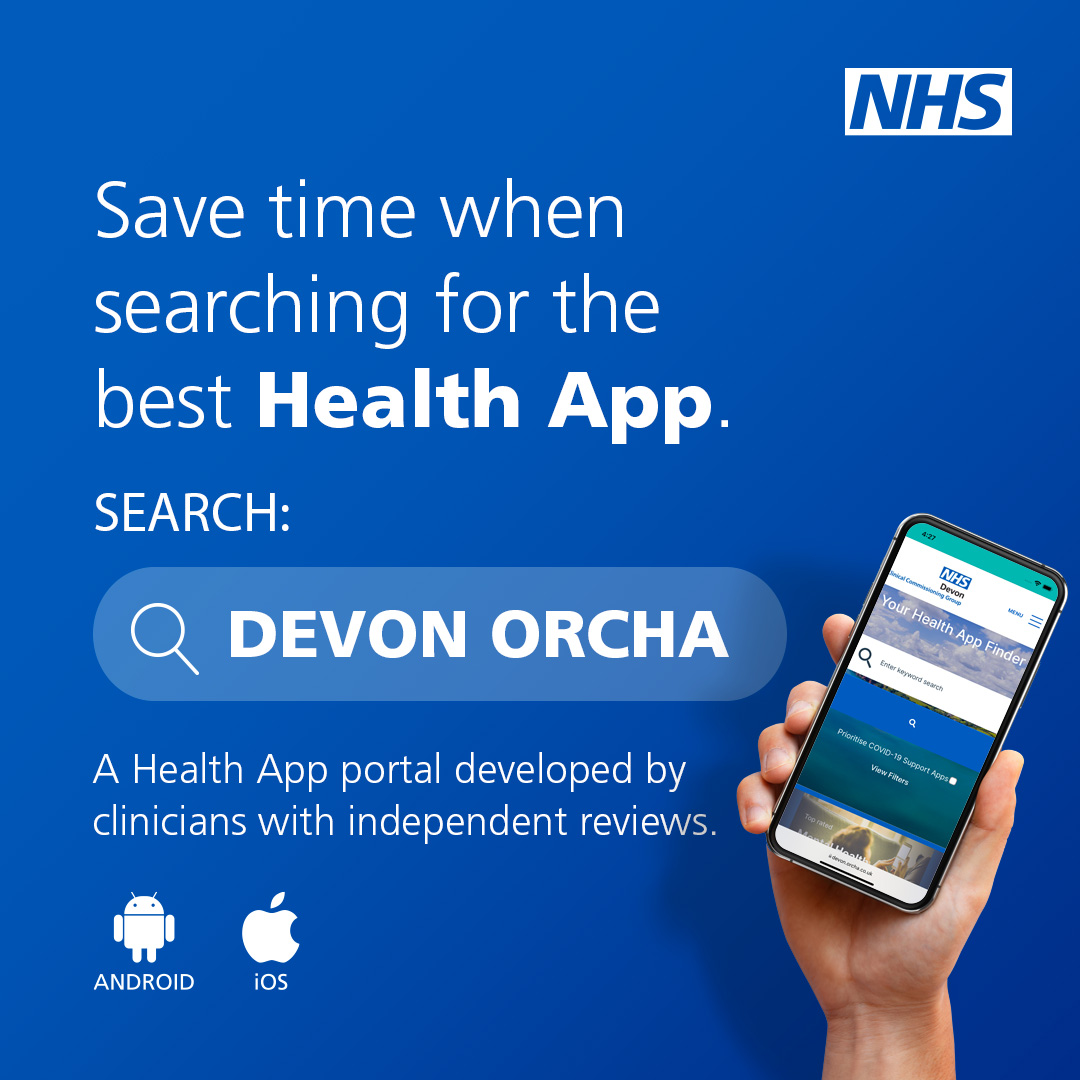Peverell Park Surgery & University Medical Centre
Peverell Park Surgery | 01752 766644 | administration.peverellpark@nhs.net
University Medical Centre | 01752 222341 | administration.umcpeverell@nhs.net
Sorry, we're currently closed. Please call NHS 111

‘Skin snaps’ and rapid tests among £20 million NHS push to speed cancer diagnosis
The NHS is investing £20 million to speed up the rollout of these plans, so that thousands more people can get potentially lifesaving cancer checks.
‘Teledermatology’ is being used to diagnose skin cancer faster, with pictures taken by a medical photographer sent to hospitals so diagnosis and treatment can happen quickly.
The technology has already been used in Leeds, York and Mid-Yorkshire – with a doctor reviewing an image of the patient’s skin for diagnosis.
New efforts to speed up diagnosis for prostate cancer are also seeing patients referred directly for an MRI scan by nurses, rather than having to wait for an appointment with a consultant. This has reduced multiple visits to a single visit, with all diagnostic tests carried out on the same day.
The NHS Long Term Plan committed to catching three quarters of cancers early, when they are easier to treat, up from half at present.
The funding will help target even more patients and help cancer services manage with higher numbers of people referred.
It will also include a boost for nurse-led ‘lumps and bumps clinics’ that will offer examinations and same day ultrasounds, and a cancer symptom hotline, which will see nurses give patients advice about concerning cancer symptoms and make referrals over the phone.
Referrals and treatment levels for cancer are back to pre-pandemic levels with latest data showing more than 207,000 people were checked in May – 100,000 more than in the same month last year.
Over 25,000 started treatment in the same period with the overwhelming majority starting within a month.
NHS chiefs are encouraging people to come forward for a check that they may have put off during the pandemic.
Dame Cally Palmer, NHS National Director for Cancer, said: “The NHS has prioritised cancer treatment throughout the coronavirus pandemic and, alongside caring for 405,000 people with coronavirus in hospitals and delivering over 65 million vaccines, more than 350,000 people have also started treatment for cancer since it began.
“We know that some patients did not come forward but, thanks to the huge efforts of our staff, we’re seeing referral and treatment levels recover.
“From cancer symptom hotlines to skin snaps and rapid triage, NHS staff are once again going to great lengths to ensure that those who are coming forward for checks can continue to be seen quickly, so that cancer can be caught at an earlier stage”.
Professor Peter Johnson, National Clinical Director for Cancer in England, said: “We know that some people were reluctant to seek help during the pandemic so it is good news that we are now seeing higher numbers coming forward for checks.
“Cancer hasn’t gone away during the pandemic and we would rather see you sooner with a cancer that can be easily treated, than later with one that may be more difficult.
“Our message remains the same – if you have a worrying symptom, please do get it checked – the NHS is ready for you”.
Minister for Health, Jo Churchill said: “Cancer is a priority. This £20 million investment to roll out cutting edge rapid cancer tests and pathways will help us speed up diagnoses, spot cancer early and provide potentially life-saving treatments and care to thousands of patients.
“We’re backing the NHS with a £1 billion investment to help drive NHS recovery, address backlogs and tackle long waits, including by giving people access to 1 million extra checks, scans and additional operations. These smart ways of working are helping caring staff deliver.
“The NHS is open and I urge anyone with symptoms or concerns to speak to their GP”.
Early in the pandemic, the NHS introduced a range of innovative measures to keep cancer patients safe during the pandemic – enabling access to 43 ‘COVID friendly’ treatments that reduce the impact on a patients’ immune system or the number of hospital visits required, many of which have now been adopted as standard treatments by the National Institute for Health and Care Excellence.
‘COVID-secure’ surgical hubs were also established so cancer patients could have their surgery in environments separated from the risk of COVID infection.
Peverell Park Surgery
- Monday
08:00am to 06:00pm
Phones open at 08:00 / Doors open at 08:30 - Tuesday
08:00am to 06:00pm
Phones open at 08:00 / Doors open at 08:30 - Wednesday
08:00am to 06:00pm
Phones open at 08:00 / Doors open at 08:30 - Thursday
08:00am to 06:00pm
Phones open at 08:00 / Doors open at 08:30 - Friday
08:00am to 06:00pm
Phones open at 08:00 / Doors open at 08:30 - Saturday
CLOSED - Sunday
CLOSED










